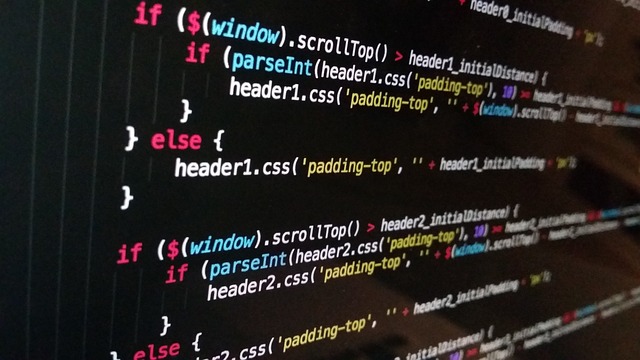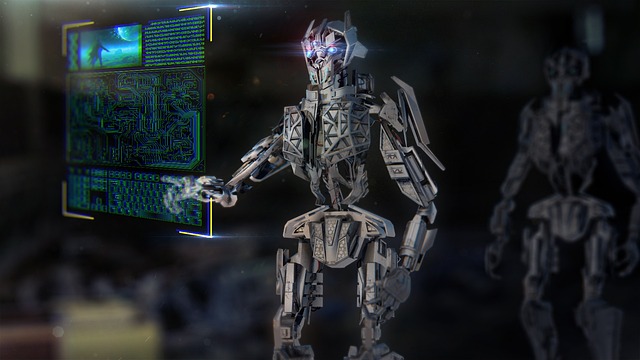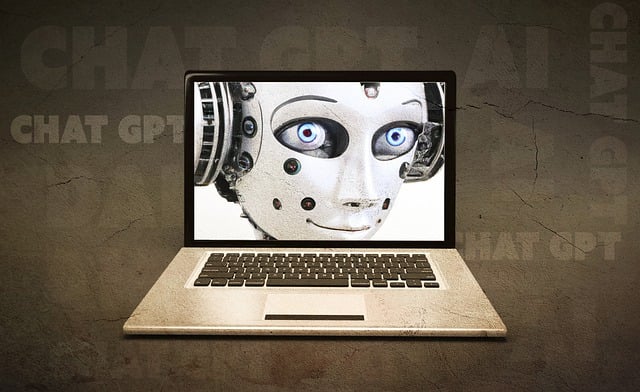Introduction:
Artificial intelligence (AI) has been a buzzword in the tech industry for quite some time now, and for good reason. With its ability to mimic human intelligence and perform tasks that were once thought to be exclusive to humans, AI has the potential to transform technology in ways we never thought possible. In recent years, there have been significant advancements in AI, leading to its integration into various industries and applications. In this article, we will explore the ways in which AI is transforming technology and its potential to shape our future.
Section 1: AI in Automation
One of the most significant impacts of AI on technology has been in the realm of automation. AI-powered automation has revolutionized industries such as manufacturing, transportation, and healthcare. With the help of machine learning algorithms, AI can analyze vast amounts of data and make decisions or take actions based on that data. This has led to increased efficiency, reduced costs, and improved accuracy in various processes.
One industry that has seen a significant transformation through AI automation is manufacturing. With the use of robots and AI-powered machines, the production process has become faster and more precise. These machines can perform repetitive tasks with high accuracy, freeing up human workers to focus on more complex and creative tasks. This has not only increased productivity but has also reduced the risk of human error, resulting in better quality products.
In the transportation industry, AI has played a crucial role in the development of self-driving cars. With the use of sensors, cameras, and AI algorithms, these cars can navigate roads and make decisions in real-time, making them safer and more efficient than human drivers. This technology has the potential to reduce accidents, traffic congestion, and carbon emissions, making transportation more sustainable in the long run.
Section 2: AI in Personalization
Another area where AI has made a significant impact is in personalization. With the help of AI, technology can now understand and adapt to an individual’s preferences and behaviors, making the user experience more personalized and seamless. This has been made possible through the use of natural language processing, computer vision, and predictive analytics.
One example of AI-powered personalization is in the recommendation systems used by streaming services such as Netflix and Spotify. These platforms use AI algorithms to analyze a user’s viewing or listening history and provide personalized recommendations. This not only improves the user experience but also helps these platforms retain customers and increase engagement.
In e-commerce, AI-powered chatbots are being used to provide personalized customer service. These chatbots can understand natural language and provide quick and accurate responses, making the customer service experience more efficient and personalized. They can also analyze customer data to make product recommendations, leading to increased sales and customer satisfaction.
Section 3: AI in Healthcare
AI’s potential to transform technology is perhaps most evident in the healthcare industry. With the help of AI, healthcare professionals can now analyze large amounts of patient data and make accurate diagnoses and treatment plans. This has the potential to revolutionize the way healthcare is delivered, making it more efficient, accessible, and personalized.
One area where AI has shown promising results is in medical imaging. With the use of deep learning algorithms, AI can analyze medical images and detect abnormalities that may be missed by human radiologists. This not only speeds up the diagnosis process but also increases the accuracy of diagnoses, leading to better patient outcomes.
AI is also being used in drug discovery and development. With the help of machine learning algorithms, researchers can analyze vast amounts of data and identify potential drug candidates. This has the potential to speed up the drug development process and reduce the cost of bringing new drugs to market.
Conclusion:
In conclusion, AI has the potential to transform technology in ways we never thought possible. From automation to personalization to healthcare, AI is making a significant impact in various industries and applications. As AI continues to advance and evolve, we can expect to see even more significant transformations in technology, leading to a more efficient, personalized, and sustainable future. It is crucial for businesses and individuals to embrace AI and its potential to stay ahead in this rapidly changing technological landscape.










